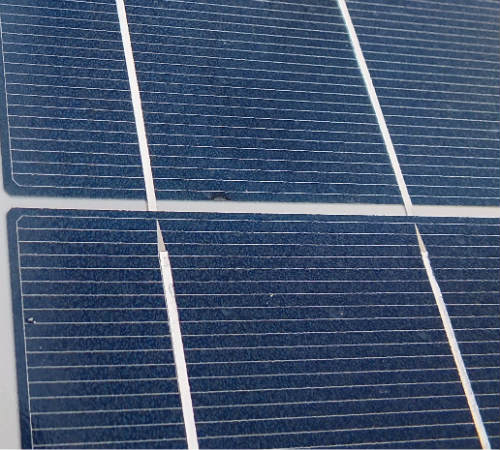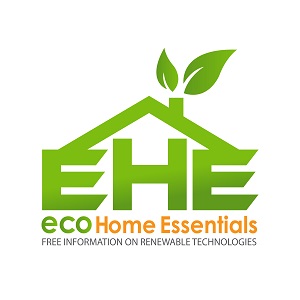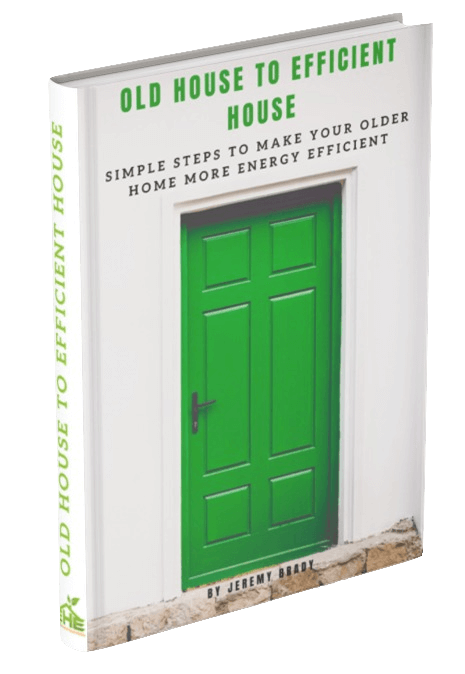Where to Buy Solar Panels
If you're deciding where to buy solar panels then you really only have two main options, online or locally. But what's the differences and how will each method affect your investment?
First we need to establish what you’re hoping to achieve.
- Do you just want to put up some panels as cheaply as possible without worrying about solar panel rebates, grants or incentives?
- Or, as is the case with the majority of people I work with, do you want to maximise your investment by claiming an additional tax free income for the electricity you produce through the FiT (Feed in Tariff) or NIROC's (N. Ireland Renewable Obligation Certificates) schemes?
Some terminology to understand before we start:
I'll be referring to these later on so it's worth understanding them if you don't already.
- kWp – Kilowatt peak – This is a theoretical maximum output for your solar panels that’s quoted by the manufacturers.
- kWh – kilowatt hours – This is the actual output of your panels. Typically around 80% of the kWp figure (if south facing at 30-40º and with no shading).
- MCS – Micro-Generation Certification Scheme – This is an international quality assurance scheme. If you want to take advantage of the governments financial incentives you must buy MCS accredited panels and have them fitted by an MCS accredited firm.
Where to buy solar panels if you just want your panels as cheaply as possible:
If you’re just after cheap panels and aren’t worried about the government’s solar panel rebates then online will likely be the cheapest option.
The majority of your local dedicated solar panel suppliers will be more expensive as they’re likely to come under the Micro-Generation Certification Scheme (MCS).
Meaning they’ve spent significant amounts of money putting their staff through various training courses and have been approved by the government to install panels that are eligible for the government incentives.
For this reason they’ll have greater overheads and expenses so they’ll likely be more expensive for solar panels than say the large DIY stores and smaller online sellers etc.
What to look out for:
If you’re buying either online and getting a local electrician to fit them for you, you’ll need to ask a few questions of yourself and your supplier.
Will the panels provide enough power for what you want? Solar panels are rated in watts for example a 5 x 200 watt array of panels would be rated at 1kWp.
However, in the real world you can expect to get around 80% of that output (if you have a south facing roof at ideal elevation and no shading). So your 1kWp panels would produce around 0.8kWh if optimally sited.
Your panels will produce less electricity the further from optimum they're located. See these articles on orientation and suitability for PV panels.
A typical household in the UK uses around 4.5kWh so make sure your chosen panels are up to the job you want them for.
Also don’t forget you’ll need to buy an inverter and various other ancillaries in order to make the system work and you'll have to pay to have them installed.
Where to buy solar panels if you want to maximise your investment:
If you want to take advantage of the solar panel incentives available then your options for where to buy your panels has just reduced. The reason for this is there are very particular requirements for partaking in the FiT or NIROC schemes.
The main one is that your panels need to be supplied by and installed by an MCS certified company in order to be eligible to claim FiT’s or NIROCs.
So, you’re now restricted to local solar panel companies. But don’t be discouraged, you’ll still have lots of choice. My advice would be to get at least 3 quotes and ask as many questions as you can. Then sit down with a cup of tea and compare them to see which is best for your situation.
Although it all sounds very straightforward, unfortunately it’s not always the case. You’ll likely end up trying to compare 200 watt panels with 250 watt panels and panels that are different sizes. Not to mention different makes of inverters, with different guarantee periods etc.
You may have to decide on a harvester system or micro-inverters if your roof is subject to shading or if you have to split your solar panels over two roof surfaces.
Sorry, I don’t mean to stress you out, but when trying to decide where to buy solar panels these are all things that WILL come up.
So you’re better to know about them before the solar companies come to talk to you, as that way you can be prepared.
Summary:
As you can see, where you buy your solar panels from will be directed by what you want your panels for. If you just want one or two small panels for a specific project and don’t need to generate large amounts of electricity then an online supplier or large DIY store may be your best option.
However, if you want to generate a significant portion of your electrical requirements for your home or business and take advantage of the government’s solar panel incentives then you’ll have to go down the local MCS accredited supplier route.
Before you go down either route, make sure you know as much as you can about how solar panels work, what happens if your roof isn’t south facing or you have to split your panel array over two roof surfaces etc.














